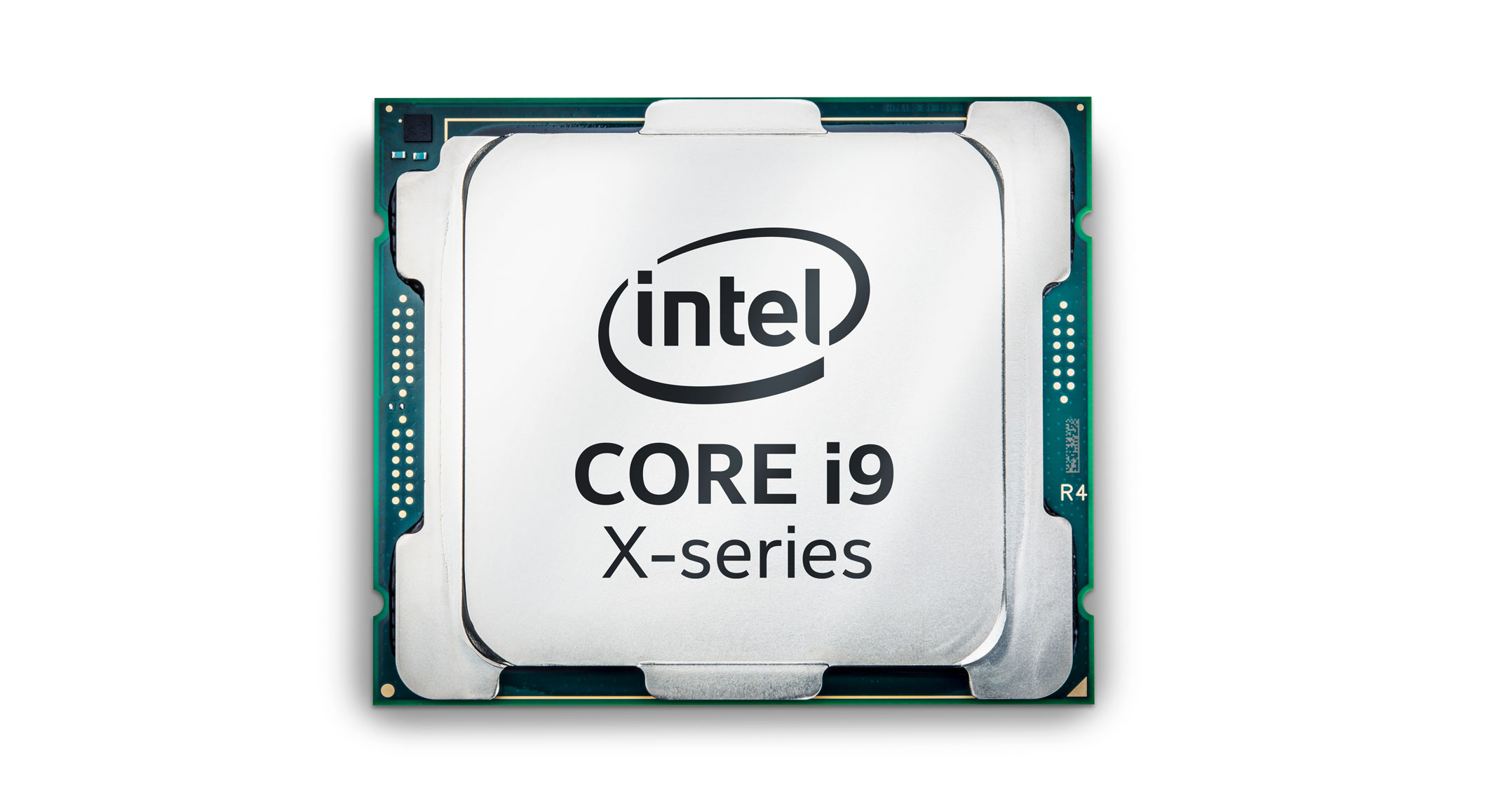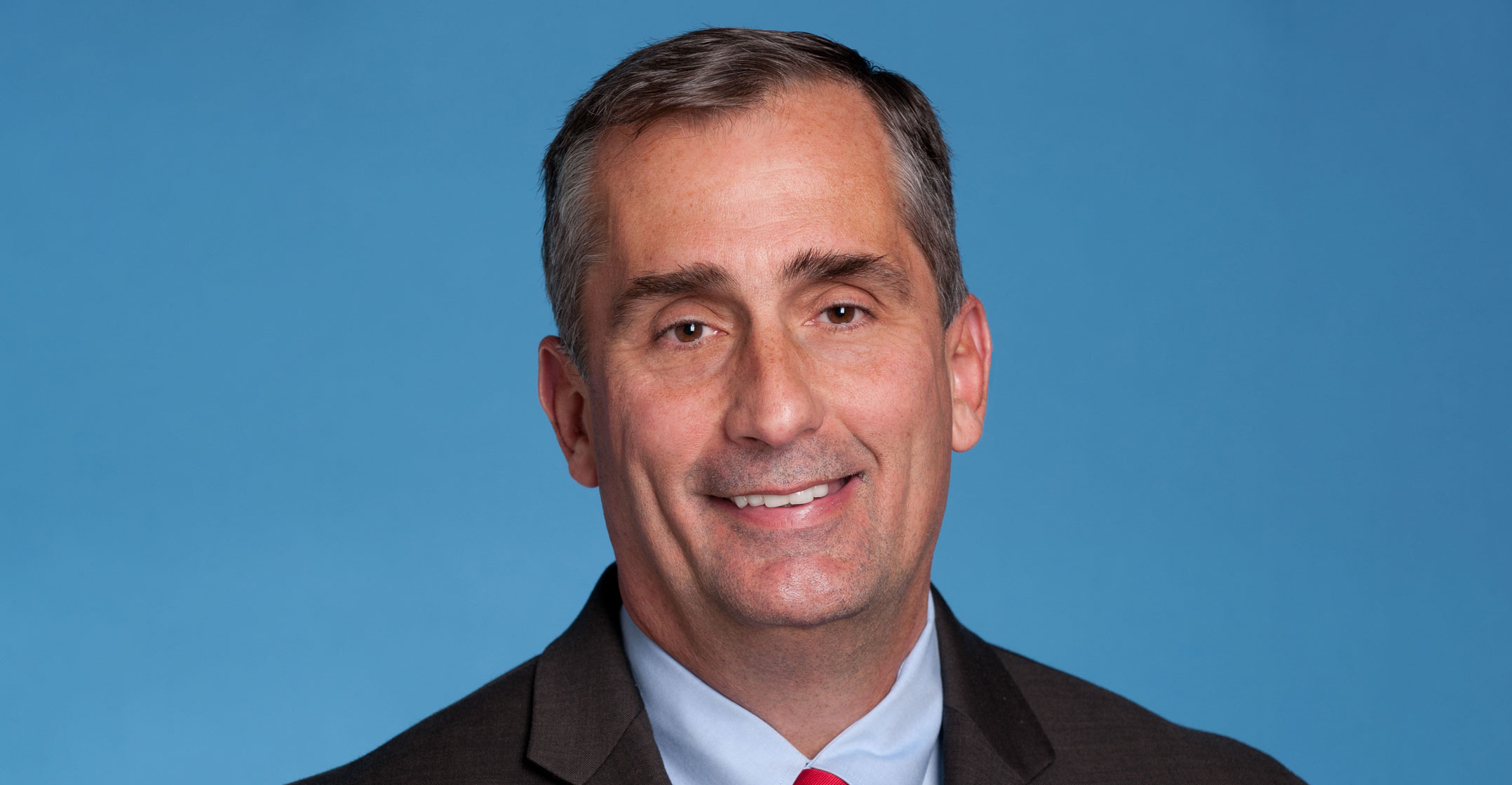
Intel, whose microprocessors dominate the PC market, gave an upbeat quarterly and annual sales forecast, signalling optimism that demand will persist even as the industry scrambles to fix vulnerabilities in its PC and server chips.
Sales in the current period will be about US$15bn, plus or minus $500m, and annual revenue will rise to a record $65bn, the company said in a statement late on Thursday. The projections exceed analysts’ estimates.
CEO Brian Krzanich is trying to remake Intel into a more general provider of chips, expanding into new markets such as self-driving cars and industrial systems. While those efforts helped, it was a 20% sales jump in its data centre chip business that really powered the quarter — and will determine success for the foreseeable future.
Intel repeated its assertion that chip flaws known as Meltdown and Spectre won’t have a material impact on its finances. Forecasts didn’t budge after the potential exploits were made public in early January. Krzanich said Intel has made progress on patching exposed computer systems, but said he’s “acutely aware that we have more to do”.
The chip maker’s outlook indicates that corporations are spending on infrastructure, a good sign for earnings reports by companies such as Microsoft, Kim Forrest, an analyst at Fort Pitt Capital Group, which owns Intel shares.
“They look really good,” she said. “Even the data centre came back.”
Intel shares gained 3.5% in extended trading following the announcement, after closing in New York at $45.30. The stock rose 27% in 2017, lagging behind the 38% advance in the Philadelphia Stock Exchange Semiconductor Index. The benchmark has outpaced Intel so far this year, too.
In the fourth quarter, sales climbed 4.3% to $17.1bn, Intel said. The company posted a net loss of $0.15/share because of an income tax expense of $5.4bn, a result of the new US tax law passed last month. Excluding certain items, profit was $1.08/share. On that basis, analysts had projected $0.87 in profit, on revenue of $16.4bn.
Cloud boom
Intel chief financial officer Bob Swan said the boost in Intel’s sales and profit in the recent quarter came from a return to spending by corporations on their internal networks. That trend may not continue, he said. Sales to cloud service providers — companies such as Google and Amazon.com — rose 35% in the fourth quarter.
“We see good demand trends” in the first quarter, Swan said in an interview. “The biggest pleasant surprise was enterprise.”
After it announced the vulnerabilities on 3 January, Intel said its chips were not faulty — they work as promised — noting that the potential exploits affect all modern processors, not just Intel products. It then accepted more responsibility, apologised and began submitting regular updates on efforts to roll out software patches that close security holes. While there have been no reports of data being stolen via these methods, some of the patches have caused computers to repeatedly reboot or slow down, particularly older machines.

Intel’s PC chip unit had fourth quarter sales of $9bn, down 2% from a year earlier. Santa Clara, California-based Intel is facing a revived challenge in the PC market from longtime rival AMD.
The data centre unit, which sells powerful, expensive chips for machines that run the Internet and corporate networks, had revenue of $5.6bn, up 20%. Intel’s CEO has promised long-term growth in that unit of more than 10%, though gains in recent quarters had fallen short of that target. In the third quarter, data centre division sales rose just 7%.
Sales of memory chips rose 9%, while revenue from chips for a new range of devices that are gaining the ability to compute and connect, known as the Internet of things, climbed 21%.
Intel’s renewed commitment to memory chips takes it into direct competition with Samsung Electronics, the only company in the industry with comparable sales and manufacturing resources.
Intel invented the memory market when the company was founded in the late 1960s. It got out of the business in the early 1990s when competition from Asian companies became too great. This is typically the most volatile part of the chip industry. In some years, producers lose money when supply gluts cause prices to drop. Intel’s latest memory chip foray made money in the fourth quarter, and the company expects it to remain profitable throughout 2018.
While overall performance has been strong by Intel, there are challenges ahead. For one, the company may not have generated enough sales to maintain its 25-year run as the world’s largest chip maker. The crown may soon pass to Samsung. — Reported by Ian King, (c) 2018 Bloomberg LP

